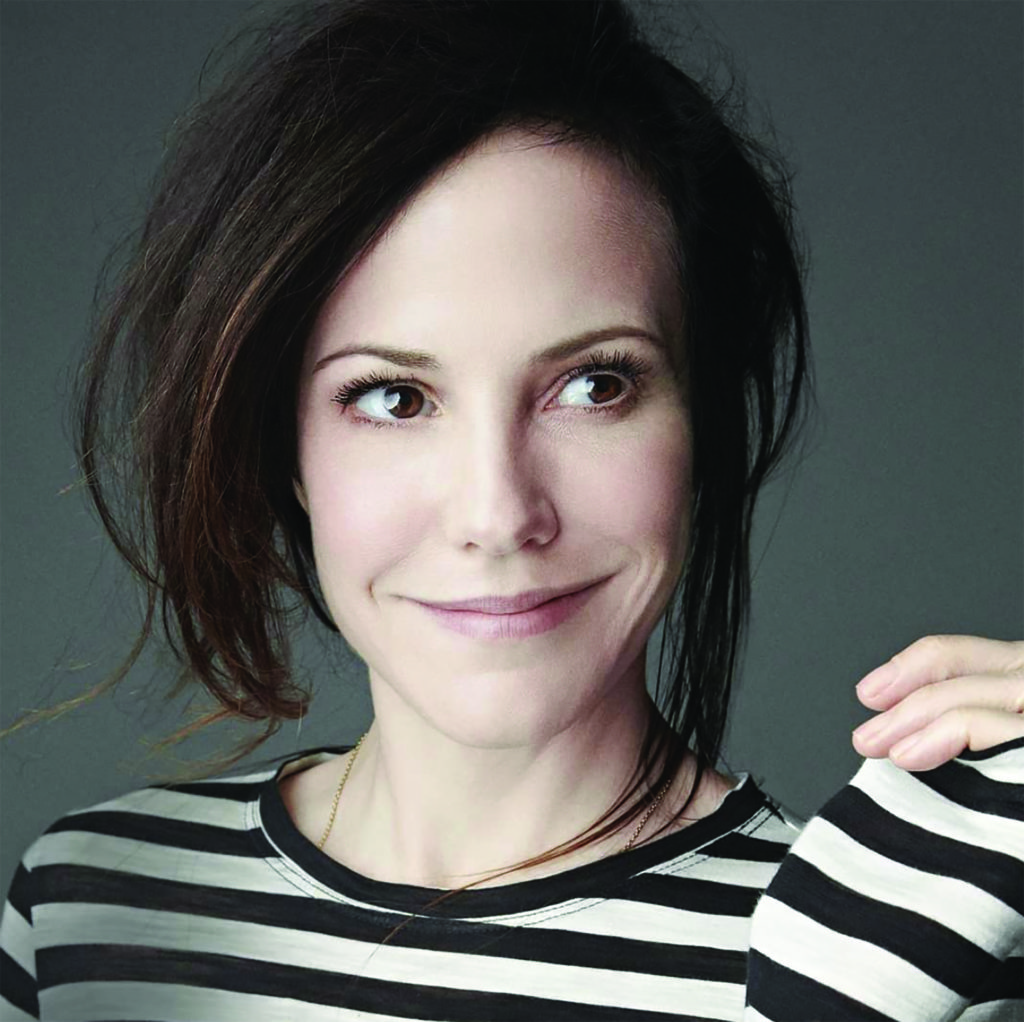
I first came to meditation when I was young—probably when I was 17. I was always attracted to things meditative without knowing what they were doing for me, like swimming or knitting. They offered some kind of relief.
At age 30, I took meditation more seriously. It was a time when people kind of made fun of me about it. It’s much different today, when meditation is on the cover of magazines and it’s more accepted to say you meditate.
When I had my kids, it was hard for me to meditate regularly because I was so used to waking up and beginning the race. Over time I lost my practice, but I knew I needed to get it back. I’d always heard about Transcendental Meditation, and I thought, maybe that’s the way back in for me. I learned TM and it changed everything.
There’s just no comparison how much more even I am when I meditate, particularly as a mother of two teens. I am, by nature, quite sensitive and I get into trouble when I’m reactive. I find that meditation doesn’t take away my emotions, it doesn’t take away instincts or feelings. But it does allow me not to overreact, to listen better, to receive.
People sometimes tell me, “I can’t meditate.” Or, “Meditation didn’t work for me that time.” But I tell them to be patient. It’s a progression. You feel one way after meditating for a week. You feel another way after meditating for two weeks. Over time, this little act of taking the time to meditate profoundly changes the way you sleep, the way you treat other people, the way you look at yourself in the world, the way you walk through life. It’s a commitment that is not just for you, but for the people around you.
If you expose your kids to meditation when they’re young, they will understand that they don’t necessarily have to rely on other people for peace of mind—that they can go to themselves for that.
I also find it’s really important how you frame meditation when you talk to your kids. If you make a big deal about it—that it’s something they have to do—I think they might resist it. But when your kids learn about meditation, and when they see the way people who meditate treat other people, I think they take it in. “This is a person who meditates, and that person is rested and balanced and energetic.” Kids take that in.
I want my kids to know that they’re not just meditating for themselves—they’re meditating for the people around them. They communicate better, they approach people with respect and patience. It’s not an act of selfishness to meditate, it’s an act of kindness and compassion.



